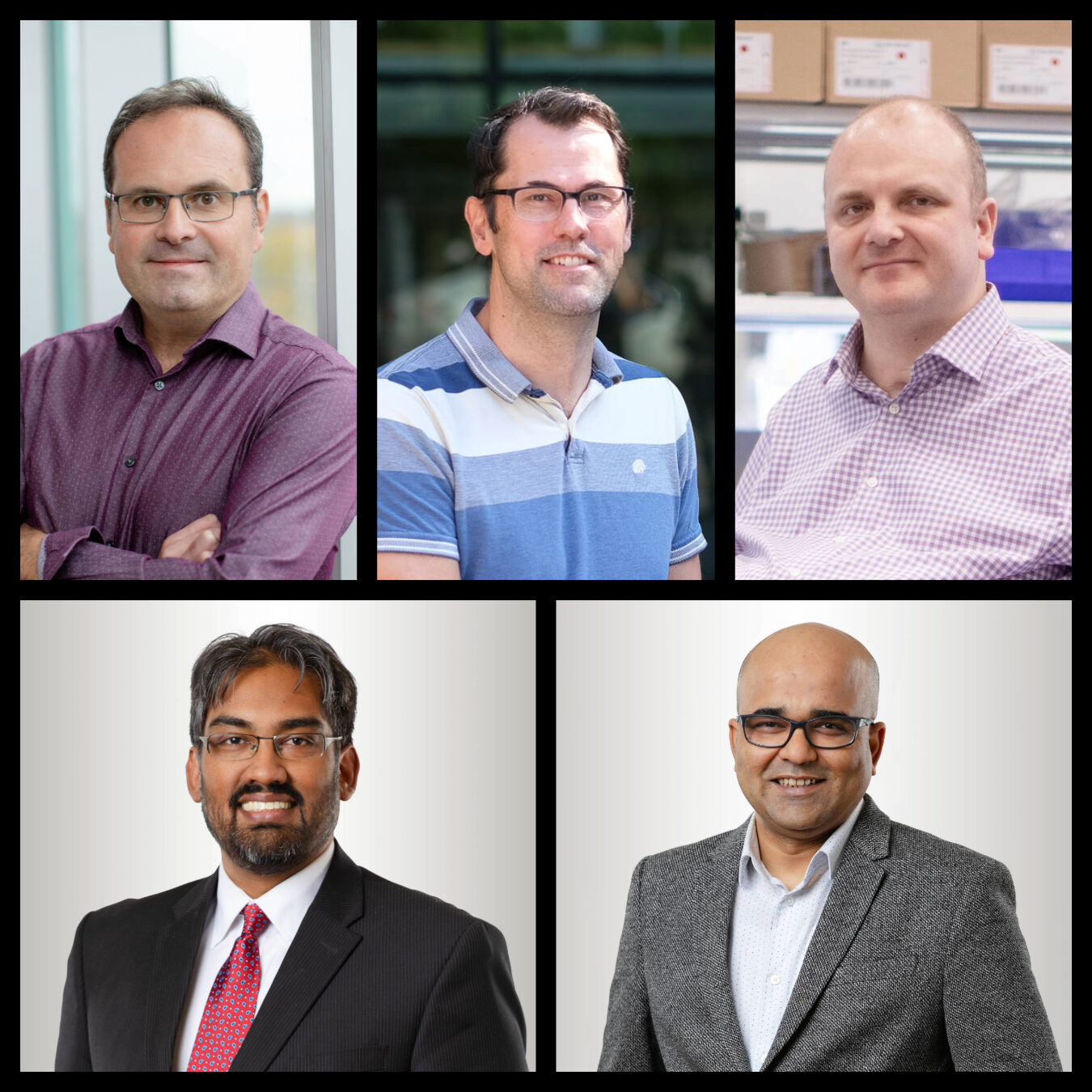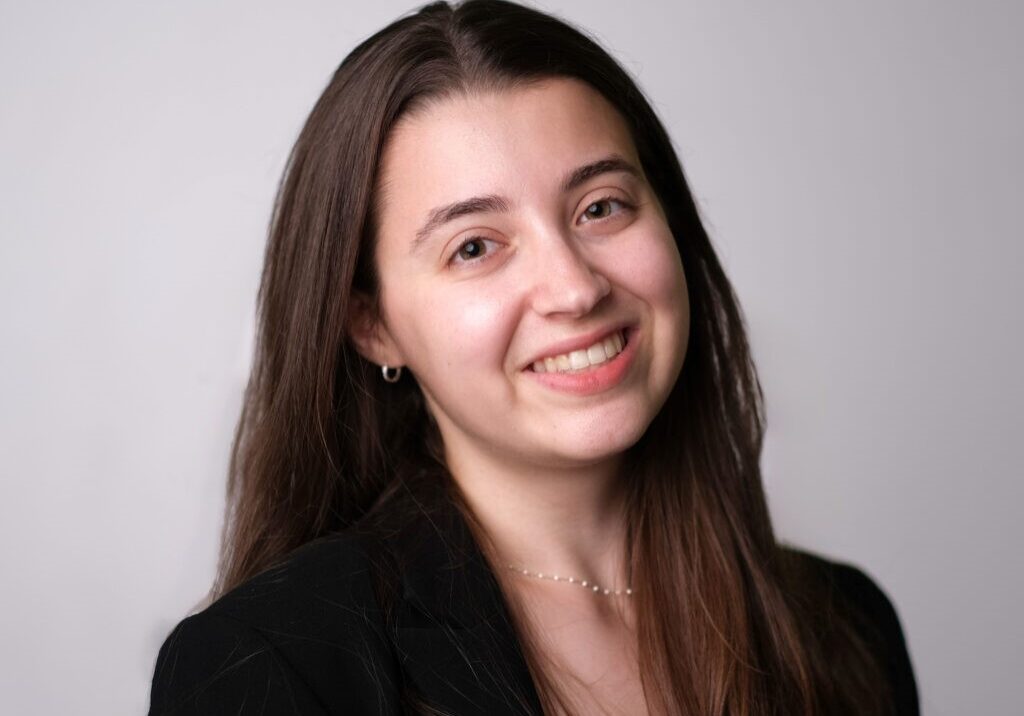
Five BME faculty members receive promotions
Five faculty members affiliated with the Institute of Biomedical Engineering (BME) at the University of Toronto were promoted, effective July 1, 2025 (From top left: Jan Andrysek, Jonathan Rocheleau, Michael Garton, Tilak Dutta, and Shehroz Khan).
Five faculty members affiliated with the Institute of Biomedical Engineering (BME) at the University of Toronto were promoted, effective July 1, 2025. These promotions span both the Temerty Faculty of Medicine and the Faculty of Applied Science & Engineering, demonstrating the interdisciplinary nature of BME’s research and academic mission.
Promoted to Professor:
- Jan Andrysek (Temerty Faculty of Medicine)
- Jonathan Rocheleau (Faculty of Applied Science & Engineering)
Promoted to Associate Professor:
- Tilak Dutta (Temerty Faculty of Medicine)
- Shehroz Khan (Temerty Faculty of Medicine)
- Michael Garton (Faculty of Applied Science & Engineering)
Jan Andrysek is recognized for his contributions to rehabilitation engineering, particularly in the development and clinical evaluation of technologies that improve mobility and balance in individuals with lower-limb impairments. His research includes the design of prosthetics and orthotics, video-game-based rehabilitation tools, and assistive technologies for low-resource settings.
Jonathan Rocheleau leads the Quantitative Microscopy, Microfluidics, and Metabolism (QuantM³) lab, which develops advanced fluorescence microscopy tools to study tissue physiology. His work focuses on islet cell biology in the context of both Type 1 and Type 2 diabetes, supporting the development of new therapeutic strategies.
Tilak Dutta conducts research aimed at improving the safety and accessibility of environments for individuals with disabilities and their caregivers. His work includes fall prevention on icy or uneven surfaces, caregiver support, and strategies to reduce pressure injuries. He also investigates ways to enhance the usability of public spaces for older adults and people with mobility challenges.
Shehroz Khan develops machine learning-based health technologies in the fields of aging, rehabilitation, and dementia care. His projects include multi-sensor platforms to assess agitation in people with dementia, social engagement monitoring systems, and virtual rehabilitation tools that use digital avatars to support remote therapy.
Michael Garton focuses on cellular and molecular bioengineering to create implantable “living medicines.” His lab engineers human cells capable of detecting disease signals and releasing therapeutic proteins in response, with the long-term goal of replacing chronic treatments with a single, responsive therapeutic implant.









